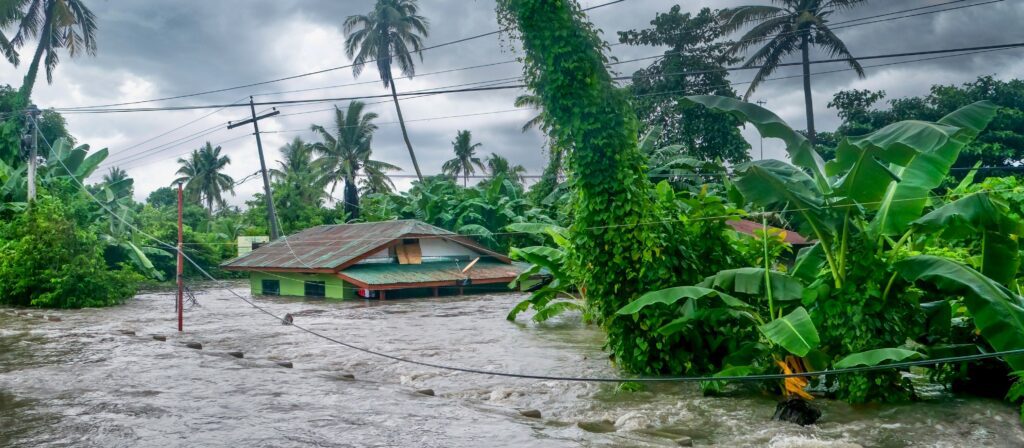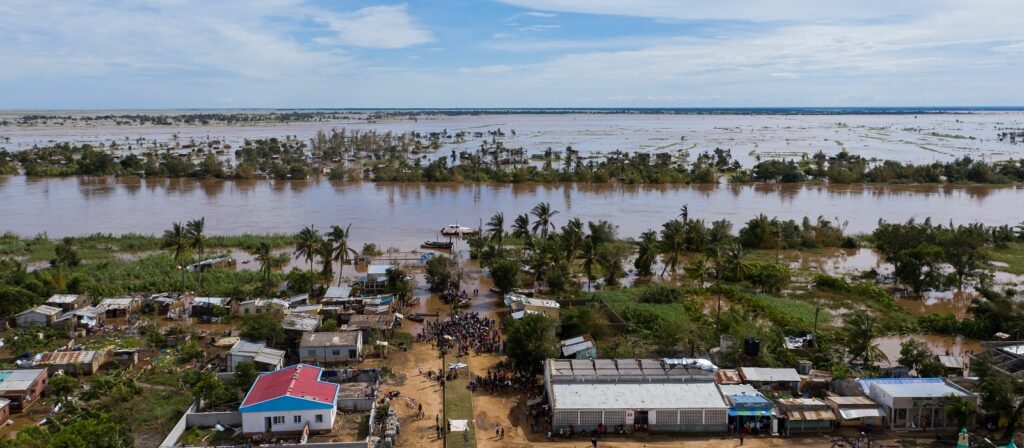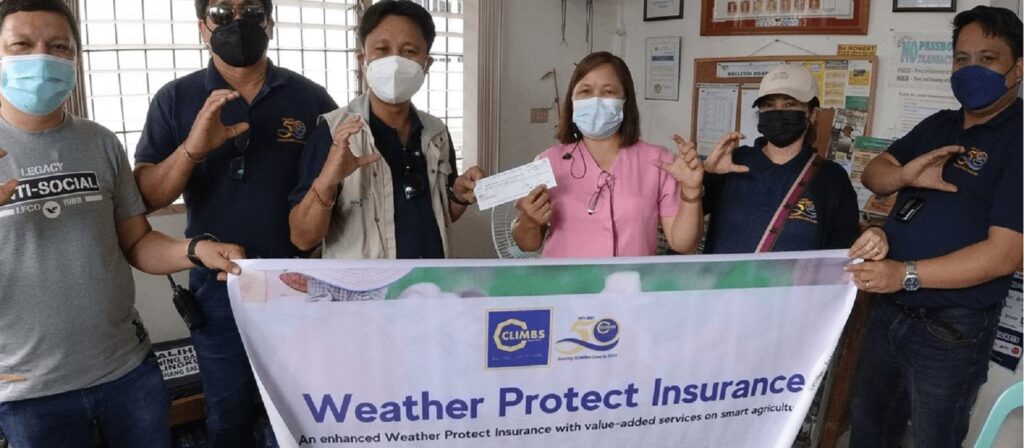Climate change is leading to increased flood risk around the world. But governments wanting to prepare their populations face a challenge in quantifying this risk, because historical data on the severity and frequency of flood risks may not be a good guide to future events. Parametric insurance, an alternative risk transfer instrument based on forward-looking models, can help beneficiaries strengthen their capacity related to floods and improve climate resilience. Parametric solutions developed for Start Network, an NGO focused on disaster relief, and African Risk Capacity, a risk pool for governments, show how such structures can work in practice, enhancing climate resilience in disaster-prone regions of the world. Looking ahead, the continuous improvement of flood risk data and parametric risk transfer mechanisms will be vital to coping with and adapting to climate change.
Strengthening climate resilience is becoming a priority for policymakers, organizations, and individuals. Floods, in particular, are a globally pervasive hazard, and are expected to become more common and more severe in the years ahead, thanks to higher levels of evaporation and expanded atmospheric water-holding capacity.
In order to prepare their populations and protect against this risk, governments need to understand and quantify it. But in a rapidly changing climate, historical data may be insufficient. This is leading many to consider parametric insurance, which is based on forward looking, probabilistic models, and pays…
Member only content
Access the full member-only content
This is an abridged version. To access the full article/recording, please complete the form above to request the link to the full version being sent directly to you, or visit the member-only link for the ICMIF Knowledge Hub (for more details of how ICMIF members can access this please click here or contact ICMIF).


